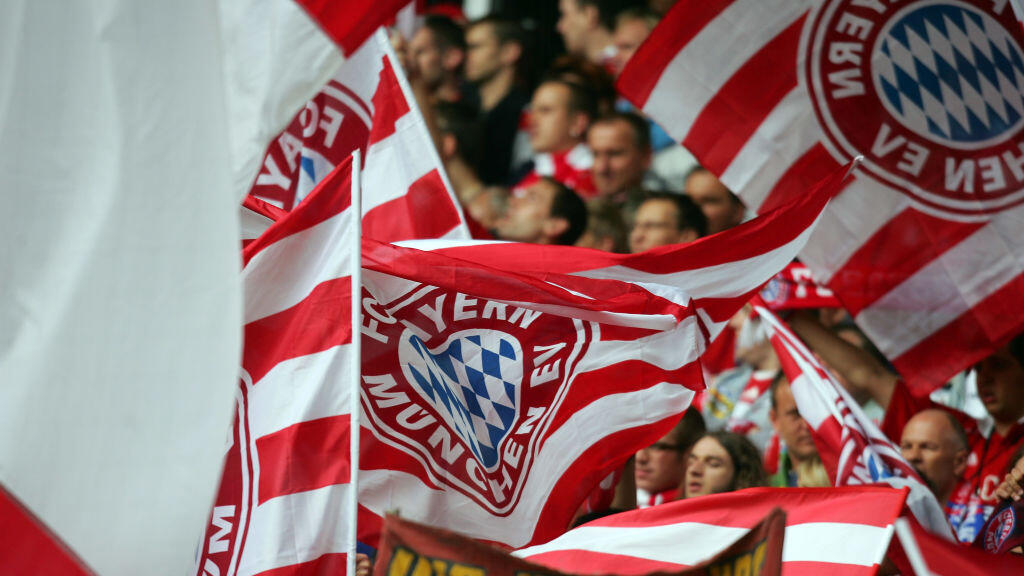Getting your Trinity Audio player ready...
Bayern Munich's Jewish connection has been talked about extensively over the years, so much so that the Bavarian soccer giants have been labeled "the Jewish club." However, now that the rumor mill has it that the German champions are eyeing signing their first-ever Jewish Israeli player in Maccabi Tel Aviv goalkeeper Daniel Peretz, it's important to set the record straight.
Read more:
Back when Bayern Munich clinched their first-ever Bundesliga title by defeating Eintracht Frankfurt in the 1932 final, they had a Jewish president by the name of Kurt Landauer. Even the manager at the time, Richard Kohn, was Jewish.
2 View gallery


Bayern has a rather colorful past when it comes to Jews
(Photo: Patrik Stollarz/Bongarts/Getty Images)
But of course, the Nazi ascendancy into power changed all of that, and they were forced out. Landauer found himself in the longest-running concentration camp the Nazis have ever built, Dachau. He managed to flee the Axis persecution machine all the way to Switzerland and had a triumphant return to the club in 1947.
Kohn, the manager, moved on to coach Barcelona, Basel and then on to the second-largest city in the Netherlands, Rotterdam, to coach Feyenoord. He had to hide when the Nazis came knocking but ultimately survived.
Eager to learn more about their history during WWII, Bayern Munich asked notable historian Gregor Hoffman to look into their past and look he did. He discovered that between 1933 and 1945, at least 21 of 41 Bayern Munich board members were members of the Nazi Party and that the club has pushed away all Jews and non-Aryans from the club as early as 1935 before German law even required them to do so.
However, Bayern's history also has some commendable moments as well. For instance, during a friendly match in Switzerland during the war, the players greeted the exiled Landauer, which raised the ire of the Gestapo.
Over the years, the club has maintained positive relations with the Jewish community, contributed significantly to Maccabi Munich and even partnered in building a sports center for the Jewish club in the city. Bayern's fans have emphasized the team's Jewish connection through tributes to Landauer or raising banners commemorating the Holocaust. However, in the grand scheme of things, the reality is complex.
In many respects, Bayern wasn't much better than other German clubs when it came to their treatment of Jews and other persecuted minorities during the Nazi era. The arrival of Daniel Perez to the club as a starting goalkeeper from the Jewish state could be seen as a significant step toward reconciliation.


